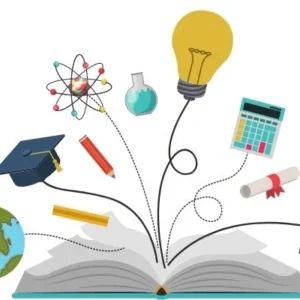Policymakers and representatives from trade unions and employers in Moldova and Ukraine participated in a high-level training program on equal pay, organized by the International Training Centre of the ILO (ITCILO) in partnership with the ILO. The course, titled “Achieving equal pay: Key concepts and practical approaches,” ran from June 23 to July 18, 2025, and included 25 participants from both countries.
The program was designed to strengthen the capacity of national stakeholders to address gender-based pay gaps and to promote the principle of equal pay for work of equal value. It began with a three-week online segment that included webinars, technical discussions, and interactive readings on topics such as the causes of gender pay disparities, and international legal and policy frameworks.
Following the online phase, participants gathered for a one-week in-person training at the ITCILO campus in Turin, Italy. During this phase, they worked with international experts to explore legal standards, methodologies, and practical tools for advancing pay equity. The course addressed key instruments such as the ILO Equal Remuneration Convention (No. 100), job evaluation tools, and the EU Pay Transparency Directive—particularly relevant for Moldova and Ukraine as EU candidate countries.
Case studies from countries including Sweden, Portugal, Switzerland, and Spain provided real-world insights into how international standards can be implemented at the national level. The sessions emphasized the importance of wage-setting policies and collective bargaining in narrowing the gender wage gap, encouraging participants to integrate pay equity principles into collective agreements.
Participants also collaborated across borders to develop national tripartite roadmaps aimed at promoting pay equity. These roadmaps proposed legal reforms, guidance for labor inspectors, and training for wage and bargaining committees.
The initiative was part of the “Women for Peace and Prosperity” project, which seeks to enhance peace and development through women’s leadership and inclusion, with funding from the Government of Switzerland and support from the ILO.







